Ernest Hemingway once said: In our darkest moments, we don’t need solutions or advice. What we yearn for is simply human connection—a quiet presence, a gentle touch. These small gestures are the anchors that hold us steady when life feels like too much.
Please don’t try to fix me. Don’t take on my pain or push away my shadows. Just sit beside me as I work through my own inner storms. Be the steady hand I can reach for as I find my way.
My pain is mine to carry, my battles mine to face. But your presence reminds me I’m not alone in this vast, sometimes frightening world. It’s a quiet reminder that I am worthy of love, even when I feel broken.
So, in those dark hours when I lose my way, will you just be here? Not as a rescuer, but as a companion. Hold my hand until the dawn arrives, helping me remember my strength.
Your silent support is the most precious gift you can give. It’s a love that helps me remember who I am, even when I forget.




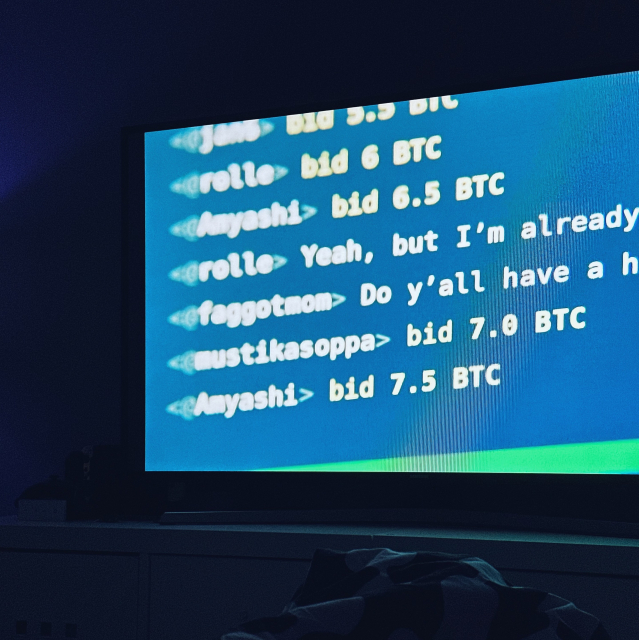
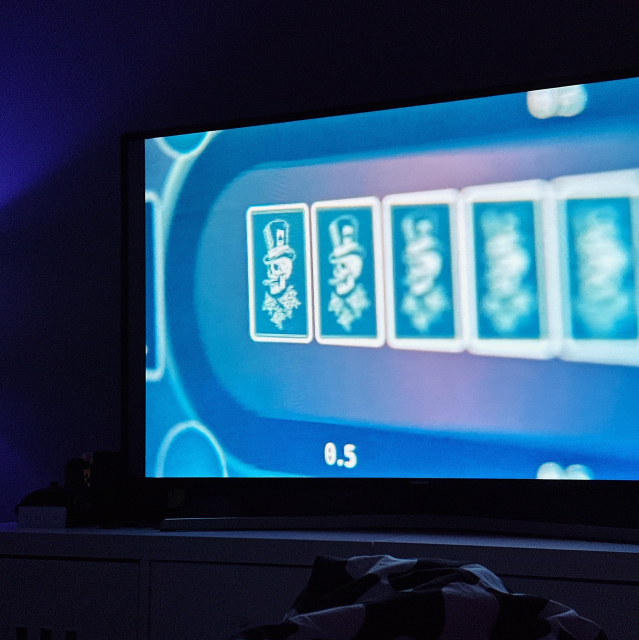


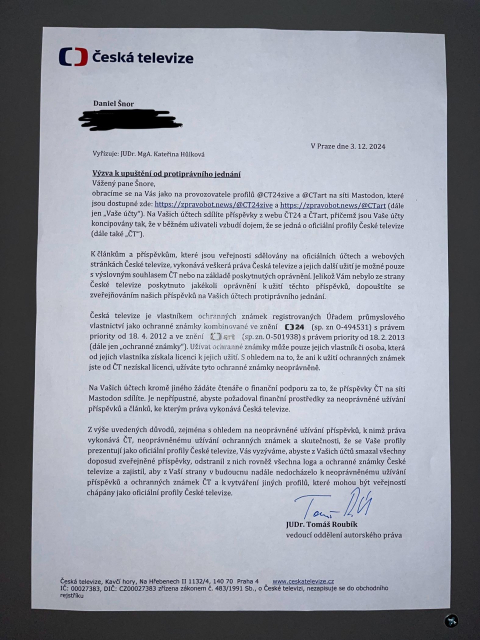
 :" title="
:" title=" :"/>
:"/>



![[Request]: When describing status item for screen reader users include the text content · Issue #1164 · GeopJr/Tuba](https://fedi.ml/photo/preview/640/613323)





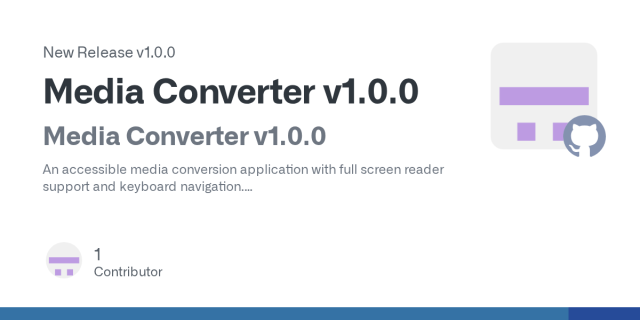

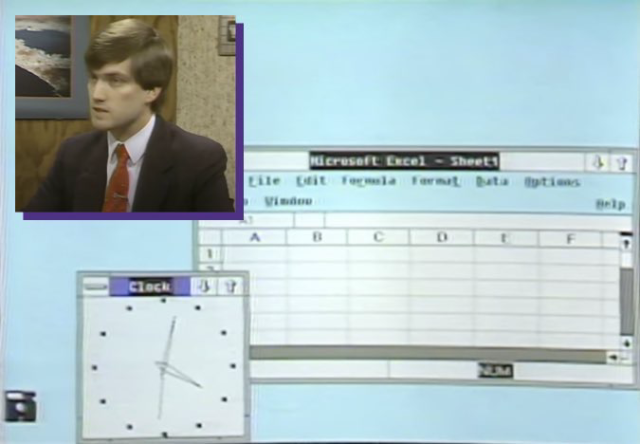
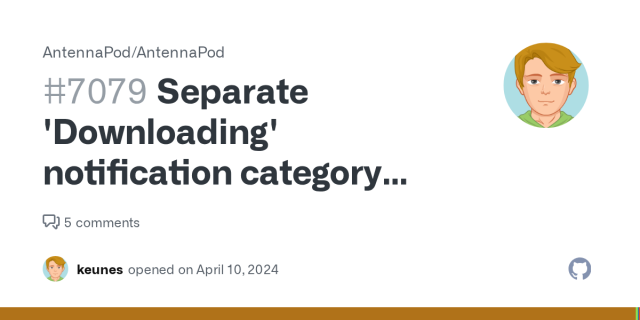
Borris
in reply to Tamas G • • •C:\Users\patrick\Downloads\Smpsoft-2024.nvda-addon - missing file or invalid file format
Martin from Toronto
in reply to Borris • • •Tamas G
in reply to Martin from Toronto • • •Borris
in reply to Tamas G • • •Tamas G
in reply to Borris • • •Borris
in reply to Borris • • •Tamas G
in reply to Borris • • •Tamas G
in reply to Borris • • •Michał Dziwisz
in reply to Tamas G • • •File "C:\Users\user\AppData\Roaming\nvda\addons\smpsoft\synthDrivers\smpsoft.py", line 202
import os
^
TabError: inconsistent use of tabs and spaces in indentation
I guess this is a fairly trivial problem to solve, but it doesn't change the fact that SMP Soft is not visible in the list of synthesizers.
Tamas G
in reply to Michał Dziwisz • • •Michał Dziwisz
in reply to Tamas G • • •Tamas G
in reply to Michał Dziwisz • • •